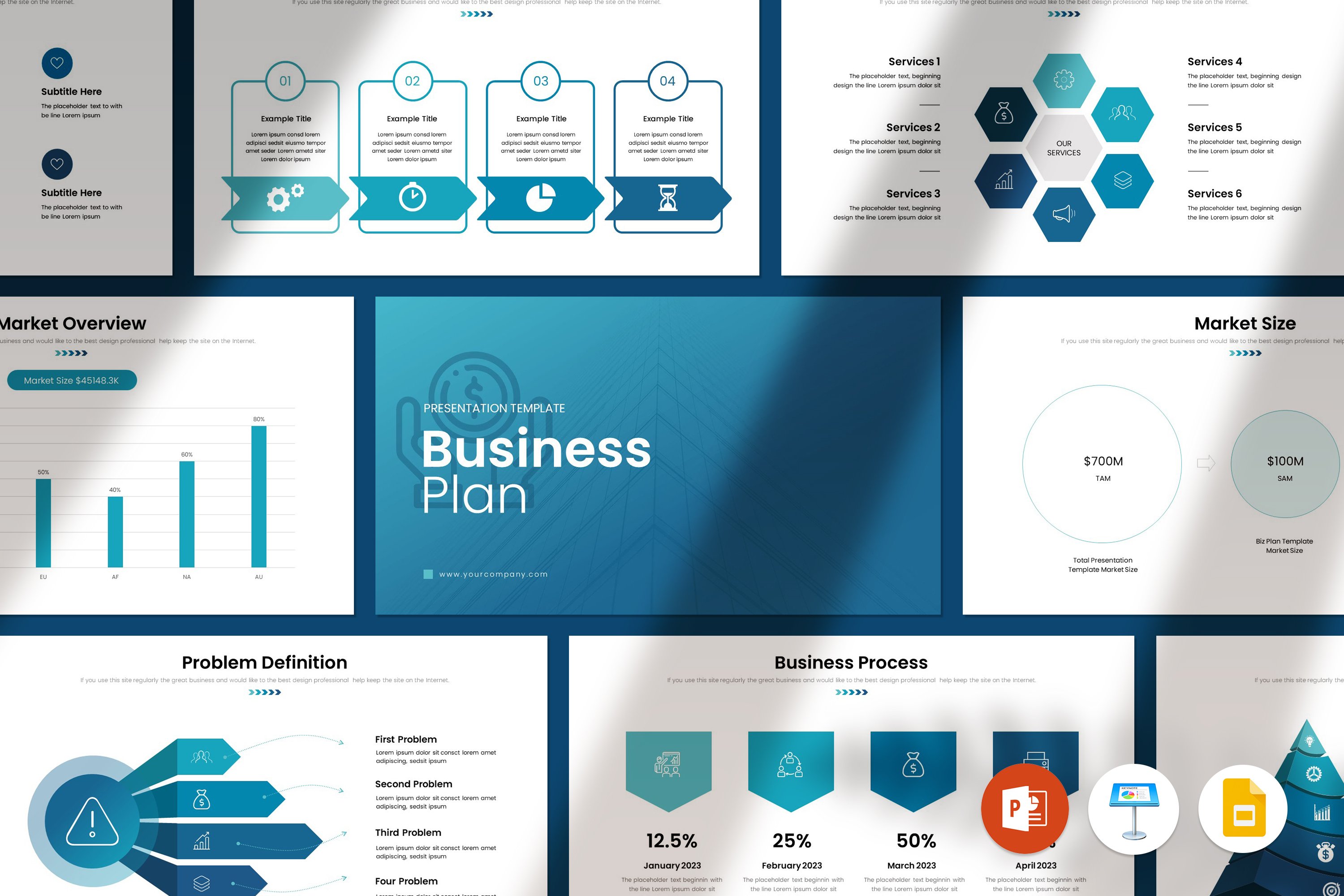Streamline Your Workflows: The Benefits of Monitoring Offshore
One such method is the monitoring of overseas procedures, which not just supplies accessibility to a diverse skill swimming pool yet additionally supplies substantial cost financial savings. The implications of welcoming overseas administration extend past plain monetary factors to consider.
Accessibility to Global Talent
Accessibility to international ability is just one of one of the most substantial advantages of overseas administration, allowing companies to tap right into a varied swimming pool of skilled experts from around the globe. This broad gain access to permits firms to enhance their capacities and foster technology by incorporating various point of views and knowledge into their procedures.
Offshore monitoring facilitates the recruitment of highly specialized talent that may be scarce or unavailable in the domestic market. By leveraging worldwide know-how, organizations can remain affordable and active in a significantly globalized economy. This method not just improves the labor force but additionally cultivates a culture of collaboration that goes beyond geographical borders.
Additionally, accessing international skill aids companies stay abreast of worldwide trends and best techniques, as professionals bring one-of-a-kind insights and techniques from their respective regions. This diversity can result in improved problem-solving and innovative options, ultimately driving organizational development.
In addition, the ability to range ability purchase according to predict demands guarantees that businesses can continue to be responsive to market needs. By purposefully using offshore management, organizations can build a robust, versatile workforce that meets the obstacles of today's vibrant service setting.
Price Efficiency and Savings

Offshore administration frequently results in cost savings in overhanging expenses, such as office, utilities, and management assistance. Numerous offshore areas offer tax incentives and desirable laws, better enhancing the economic benefits. Organizations can assign these financial savings in the direction of innovation, development, and other strategic efforts.
Furthermore, overseas administration enables services to access a diverse skill pool at a portion of local employment costs. This mix of reduced labor expenses and access to proficient experts enables companies to optimize their labor force while maintaining high requirements of efficiency.
Additionally, the scalability supplied by overseas operations indicates that organizations can readjust resources and workers as required, minimizing financial threat during changing market conditions. In summary, the price performance and savings connected with offshore management represent an engaging possibility for companies aiming to enhance procedures and improve overall success.
Enhanced Emphasis on Core Activities
One substantial benefit of overseas administration is that it allows organizations to improve their emphasis on core activities. By passing on non-core functions to overseas groups, firms can focus their sources and initiatives on locations that drive their calculated goals and affordable benefit. This shift not just maximizes functional effectiveness click to read yet additionally cultivates development within the organization.
When organizations unload routine tasks such as consumer assistance, information entry, or IT upkeep to specialized offshore service providers, they release up valuable time and ability. Employees can redirect their skills toward high-impact jobs that line up why not try this out with the company's mission, enhancing performance and general performance.
Additionally, this enhanced focus on core activities can cause enhanced decision-making and strategic preparation. With less time invested in supplementary tasks, management can devote even more interest to analyzing market patterns, recognizing development possibilities, and improving their company strategies.
Inevitably, improved focus on core tasks allows organizations to distinguish themselves in the marketplace. By focusing on what they do best, business can deliver remarkable product or services, thus boosting consumer contentment and commitment, which are essential for long-lasting success.
Improved Operational Versatility
Boosted functional flexibility is a critical advantage that companies can accomplish with overseas management. By leveraging worldwide resources, companies can adapt promptly to changing market demands, ensuring they continue to be affordable. Offshore monitoring permits companies to scale operations up or down with ease, reacting to changes in work without the restrictions of local labor markets.
This flexibility reaches the diversification of services and product offerings. With accessibility to specialized skills and resources across various areas, organizations can introduce and apply new strategies swiftly. Offshore groups can function around the clock because of time zone distinctions, enhancing productivity and accelerating job timelines.
Additionally, the capacity to tap right into emerging markets can lead to new company possibilities, making it possible for firms to go into areas with less saturation and higher growth capacity - management offshore. This adaptability not just strengthens a business's market position yet also fosters resilience against economic unpredictabilities

Danger Reduction and Conformity
Reliable danger mitigation and compliance techniques are vital for companies taking part in offshore management. As organizations increase their operations throughout boundaries, they deal with a myriad of risks, including regulatory modifications, information violations, and cultural misconceptions. Developing durable danger monitoring structures allows organizations to determine prospective risks and apply positive steps to reduce their impact.
Offshore monitoring demands a detailed understanding of differing legal landscapes, which can be ever-evolving and complicated. Companies must spend in compliance training and constant surveillance to make sure adherence to relevant guidelines.
Additionally, promoting a culture of transparency and moral habits is essential. This not only shields the company from compliance-related dangers but likewise link enhances trust fund with stakeholders, employees, and customers (management offshore). Making use of innovative technologies, such as conformity management software, can improve the surveillance process, making sure that organizations stay receptive and active to transforming regulatory needs
Verdict
In verdict, the adoption of offshore management provides organizations with significant benefits, consisting of accessibility to a diverse talent pool and substantial expense decreases. Inevitably, welcoming offshore management not just cultivates enhanced effectiveness and competition yet also ensures the shipment of exceptional products and services while promoting consumer fulfillment.

Reliable risk reduction and compliance methods are important for companies involving in offshore monitoring.In verdict, the adoption of overseas management presents organizations with substantial advantages, consisting of access to a varied ability pool and substantial cost reductions.